Investments + Partnerships
I love working with people trying to make big things happen. This is a running list of some of the amazing organizations I've put my time and resources into because what they're doing could have a huge positive impact on the world.
Want to learn more about my regenerative agriculture investment thesis? Check out my blog post here.
Startups

Farm HQ: Easy Internet of Things upgrade for massive farm water savings
CODA farm tech is the combination of Connor (CO) and David (DA) Wallace, brothers who grew up as the 4th generation on their family’s potato farm in Bo, Washington. David, CEO, is a former Amazon AI engineer, and PhD chemist from Johns Hopkins, as well as a good friend of mine from college. FarmHQ is a simple retrofit for farmer’s already existing irrigation technology that saves farmers, on average in their BETA test, $1200 in crop loss and XXX gallons of water loss, per device, every season. It is a simple IoT upgrade for legacy equipment that makes already existing infrastructure much more efficient and controlled via phone app (think Nest for broad acre irrigation). Farming is responsible for most freshwater use, and most freshwater wastage in the USA – and FarmHQ can prevent lots of that waste and over-use, without breaking the bank for farms. Efficiency upgrades that improve farmer’s lives, lower ecological stressors, and generate great cashflow are what we’re all about!

Earthshot Labs: Restoring nature at planetary scale
Earthshot brings together investors, carbon buyers, and land stewards in a science powered platform to finance ecological restoration projects that are equitable for local communities.
Their work includes a number of critical elements to doing large-scale reforestation that prioritizes carbon storage, biodiversity, ecological resilience, and social equity.

Funga: Harnessing forest fungal networks to address the climate crisis
Funga uses the forest fungal microbiome to improve forestry outcomes and address the climate crisis while enhancing beneficial microbial biodiversity. They combine modern DNA sequencing and machine learning technology with breakthrough research on the forest microbiome to put the right native, biodiverse communities of mycorrhizal fungi in the right place. This leads to more quality wood created more quickly, more carbon sequestered, and more resilient forests.
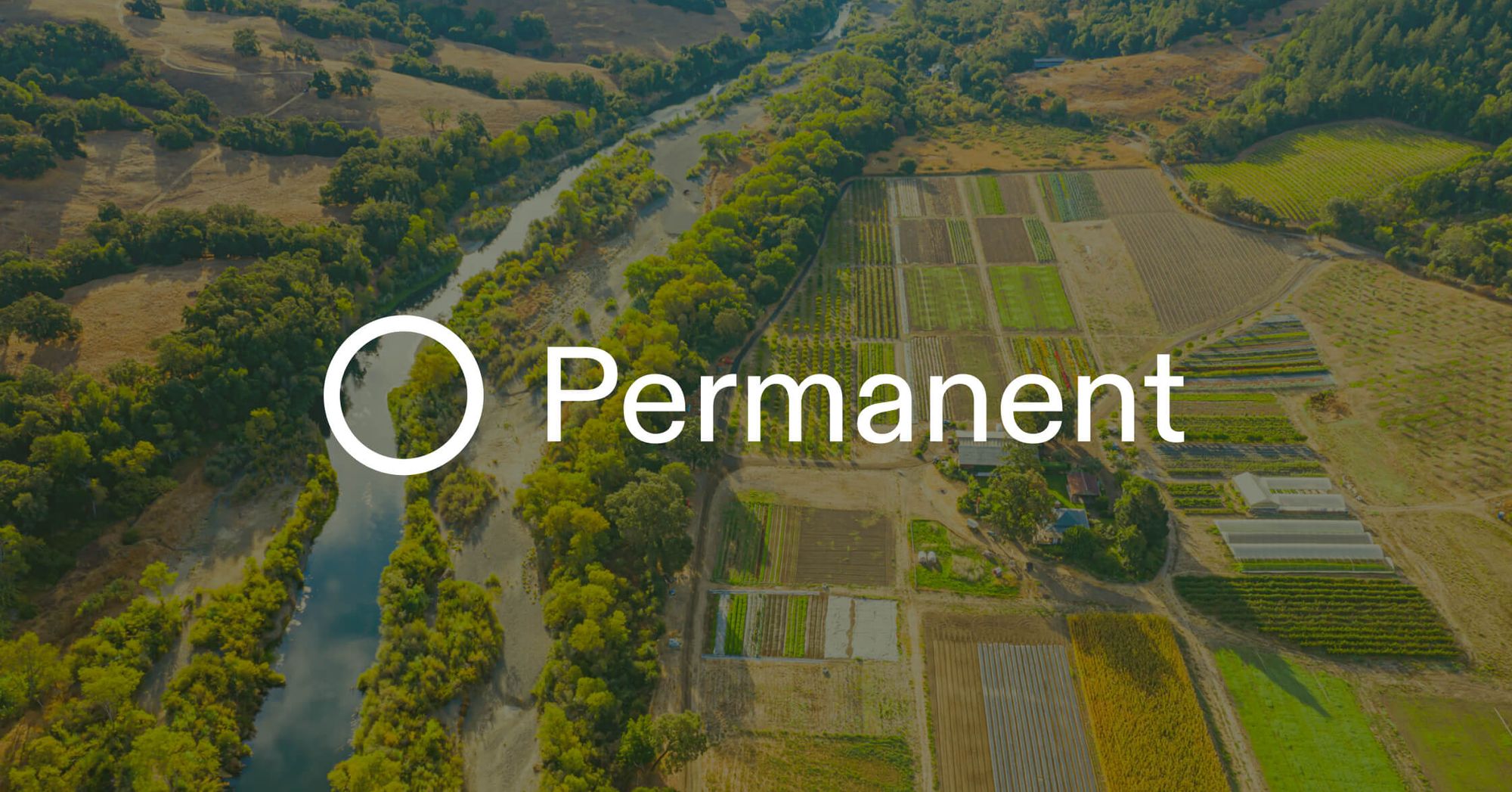
Permanent: Permanent is a local foods aggregator and technology company eliminating the overhead of local sourcing
Permanent is a new type of farm aggregator that supports short-chain, regenerative, and sustainable agriculture. And regional food systems that are resilient, transparent, and rich in flavor, health, and culture.
They're building collaborative technologies that make direct sourcing and regional food systems profitable and practical enough to grow with the goal of transitioning $1 trillion — 20% of world food spend — to local, sustainable sources by 2030.

Poás Bioenergy: Carbon neutral energy for the world
Poas makes technology that turns waste agricultural biomass into clean energy, right in the communities that need it most. I first met CEO Jose Alfaro, PhD, when he was a professor at University of Michigan, where he first developed the gasification unit he is now busy scaling up and deploying in his native country, Costa Rica. Using Poas’ technology, waste streams can be converted into carbon-neutral electricity and used locally – no more waiting for an extension of the central grid that will never come, or burning dirty fossil fuels to power generators for the 770 million people still without reliable electrical infrastructure in the world. The Poas gasifier takes coffee hulls, plantain peels, pineapple stems, – virtually any ag biomass waste stream – and converts it into a high-energy gas that goes directly into a traditional gas generator to produce electricity. A simple retrofit to the gas generator’s carburetor means the biogas can be pumped right in from the Poas gasifier and run the generator at ~75% power compared to fossil fuel. The other main output, besides the syngas, is biochar, and their process manages to output significant energy while “sequestering” ~15% of the input carbon from the feedstock biomass. They already have three big beta customers for their pilot units (I’ve visited two of them) and a strong manufacturing partner in Costa Rica, from which they can scale to all of Latin America and beyond. Valorizing agricultural “waste” to provide clean energy where it is needed most, with a TAM of hundreds of millions of people – I’m super excited to be part of this one!
Metal Plant: Carbon capture, hydroponics, and phytomining for EV battery material
This one is pretty wild, and is a bit outside of the central regen ag thesis, but I love it. It came via the AirMiners Launch Pad program, and I’ve been around AirMiners for years talking with Tito and others there about CO2 removal – very excited they’ve started investing! The Metal Plants business is a clean-tech double-whammy. The first revenue stream is generating carbon credits through CO2 mineralization. They take olivine from mine waste streams and remove the heavy metals so it is safe for ecosystems. Then they scatter it across the land to expose it to the atmosphere, where it will pull out CO2 and turn it into calcium carbonate, aka limestone. Stripe and other big carbon removal buyers are paying a premium for CO2 mineralization because of its “durability,” so this is a clear market opportunity. The second revenue stream is phytomining for nickel, a critical component of electric vehicle batteries. They use hydroponic systems to grow nickel accumulating plants using the mine waste as the growth substrate. The plants pull nickel out of the mine-waste and into their biomass, where it can easily be harvested – while cleaning up the nickel from the olivine for the first business model. The nickel in the plants can be easily harvested and sold on the commodity nickel market, which is growing like crazy with the need for batteries. The hydroponic system means the process can be done even in low-rainfall areas (where some of the best olivine deposits are) because it recycles water in intensive cultivation, and allows for continuous cultivation rather than one growing season per year. To summarize, Metal Plants is doing a double valorization of waste streams using plants and ag tech to feed two important and growing climate commodity markets – batteries and carbon removal. So crazy, I had to be part of this one!
Nonprofits

Catskills Agrarian Alliance: Fostering a healthy and just food system in the Catskills region of New York
The Mission of the Catskills Agrarian Alliance is to model Food Sovereignty in the Catskills by protecting and promoting the right of all people to healthy, culturally-appropriate food produced through ecologically sound and sustainable methods, as well as by supporting their right to define their own food systems.

Lux Magazine: A brilliant new magazine of feminism for the masses
Lux is an incredible magazine that you really must subscribe to. Described in their own words (which are always smarter than mine): "It's sex with class: a glossy, talked-about print publication with a socialist-feminist soul and omnivorous, international writing on politics and culture. We aim to speak to the growing American left in a way that is delightful, smart, and accessible. We punch up, with hard-hitting stories on inequality, gender justice, incarceration, housing, climate, and more. And we never talk down, with provocative essays and profiles that aim to change the conversation around feminism in the United States."

Permaculture Living Lands Trust: Creating a network of permaculture land commons
Combine the strengths of the permaculture and conservation land trust movements to: secure land and funding; establish nonprofit Agroforestry Nurseries; propagate regionally-adapted tree crops; design, install, and steward Community Food Forests; and ensure protection of these sites as a permanent land base for perennial foods. Add to this the community prosperity focus of the cooperative business model and community economic development agencies to partner with employee-owned tree crop co-ops, tree crop nursery owner/operators, landowners, local governments and community organizations and funders on non-market-based solutions.
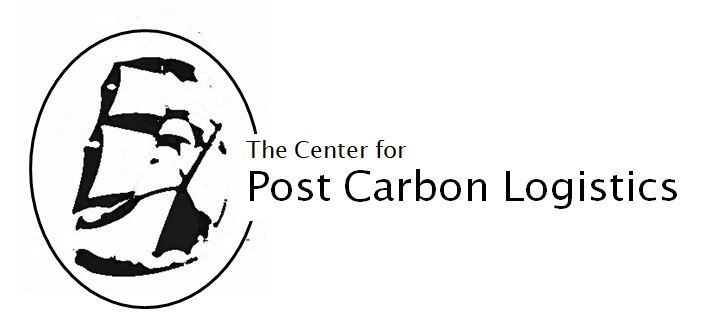
The Center For Postcarbon Logistics: Building fossil-free electric sailing vessels
Locally built, from locally sourced and recycled materials, crewed with locally trained mariners, home ported along the Hudson, the Harbor, and the canals, carrying locally grown, locally processed, and locally manufactured goods – with liberty from fossil fuels, these future proof ships will be a positive disruption to the status quo.
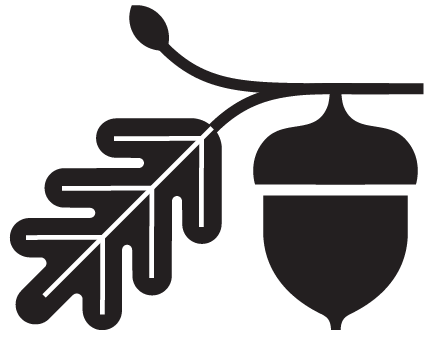
Rolling Regenerative: Uncovering scaleable ways to improve our environment, farming practices, and community
Rolling Regenerative is building a resilient food system through both practical support for regenerative farmers, and incubating new business models for food production businesses.
Rolling Regenerative runs the Food to People program, where they connect local farms with mutual aid organizations and food banks to deliver nutritious food, while supporting farmers in the process.
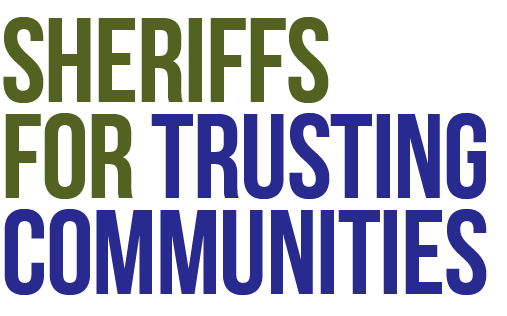
Sheriffs for Trusting Communities: Electing better Sheriffs
Another cause that's not directly related to my regenerative agriculture thesis, but vitally important nonetheless! Sheriffs for Trusting Communities aims to ensure sheriffs across the country reflect our values. Sheriffs sit at the forefront of our country’s most racist criminal justice policies. They have fueled mass deportation, doubled down on over-policing in communities of color, and built jails that prioritize expansion rather than treatment and reentry. Sheriffs for Trusting Communities will work with partner organizations to:
- Build a collective vision for an alternative role of the sheriff. Make sure every person in the country knows where their sheriff stands
- Elect a wave of sheriffs who share that vision
- Hold those new sheriffs accountable for their promises, and challenge long-time sheriffs to follow their lead
Funds

Fifty Years: An early stage VC firm backing breakthrough science to solve the world's biggest problems
Fifty Years is an early stage VC firm based in San Francisco. They’re backed by 44 founders of tech companies valued between $1B and $100B who want to help the next generation of founders change the world for the better.

Belltown Farms: Making grain farms certified organic and ecologically sound
Belltown buys ecologically distressed and under-utilized farmland and converts it to certified organic farmland incorporating regenerative practices. They are tractor farmers growing monocropped grains, but, without this type of farming, the current food system would totally collapse to disastrous effect. So while it isn’t necessarily the full-on agro-ecology move dreamt of in permaculture books, Belltown represents a highly scalable, significant step forward in grain crop production relative to the status quo. They focus on minimizing tillage, eliminating almost all chemical sprays, and working in significant cover-cropping and diverse grain rotations. This eliminates many of the industrial inputs in favor of ecological services provided by local biodiversity. And, with the Certified Organic classification, the price their grain can command on the market is significantly higher than the farms they’re buying the land from. Their proven, scalable farm operations model combined with well financed land purchases via public real estate capital markets makes Belltown an investment that really gives me hope in the near-term likelihood of saving large amounts of American farmland from total ecological collapse.
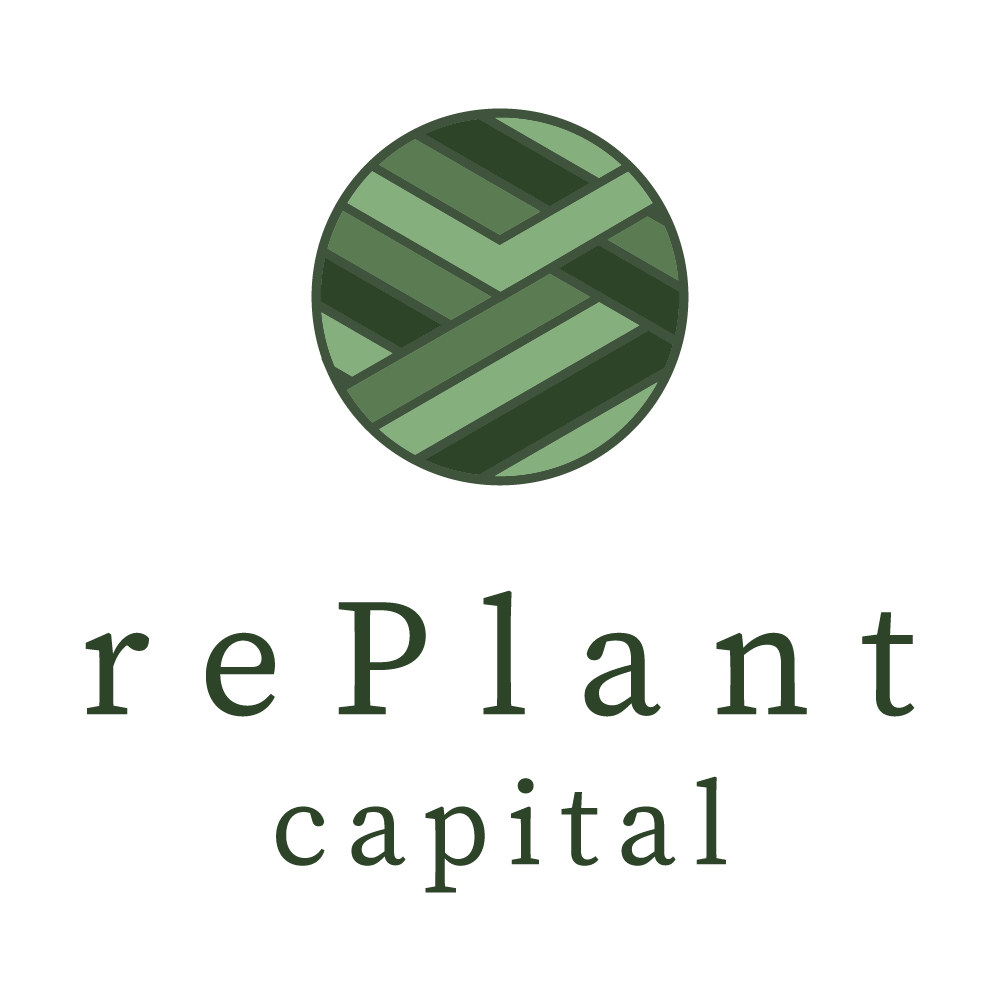
RePlant Capital: Creating the regenerative supply chain consumers demand through transition finance
RePlant provides transition finance loans to big producers who’s main customer – usually a global consumer brand like General Mills or Silk Soy / Almond Milk – wants to transition their supply chain to regenerative agriculture. They strike the amazing combo of in-tune with the wants and needs of big brands, while knowing how to effectively deploy low- and no-interest loans to farmers transitioning from industrial to regenerative agriculture. To me, they represent exactly the type of financial services company needed to catalyze the growing consumer demand for regen ag products into actually scaled up regen ag supply chains. Similar to Belltown, this is really putting capital to work delivering something the market wants right now – which is ecologically sound almonds, or wheat, or grapes, etc. As the public becomes more concerned with food system security and healthy eating, and that interest is channeled into market pressure on big brands to transition their supply chain to organic and regenerative farms, RePlant will be positioned to deploy much of the transition capital required to make that happen on farms across the country.

SoilWorks: Changing the economics of ranching to support regenerative agriculture
SoilWorks is managing a full-stack regenerative grazing portfolio. I’ve written about them before in my Negative Emissions Cows post. They have significant investments in every part of the pastured beef ecosystem, from herd management technology to an on-shelves brand, Wholesome Meats, and everything in between. Their Grassroots Carbon business is also one of the only soil carbon marketplaces I’ve seen to actually live up to the promises of soil carbon credits. They are measuring soil carbon – not just paying farmers to change their practices – so this theirs is a validated form of carbon storage, not just a best guestimate. They’re also paying ranchers a meaningful chunk of the carbon payments, enough to change the economics of ranching. It will take a whole portfolio of investments across the regen beef value chain to change the economics of ranching, making regenerative beef the most profitable way to ranch. SoilWorks is providing the catalytic capital to transition land to regenerative practices across all American grassland, starting in the heart of beef country: Texas. This is good news for healthy, ecological protein production, and I’m excited to be part of their journey!

Voyager VC: Voyager invests in early-stage climate technology companies
Voyager's investments are focused on shaping the future of mobility, energy, materials, food, the built environment, analytics, industrial systems, and carbon removal.